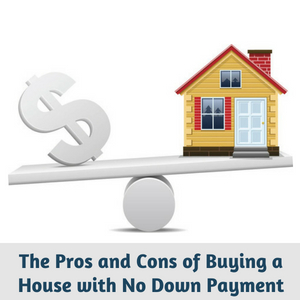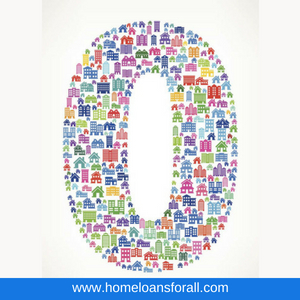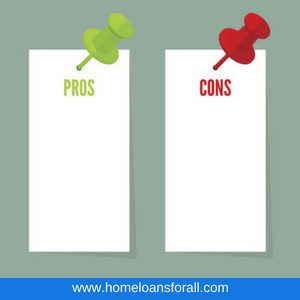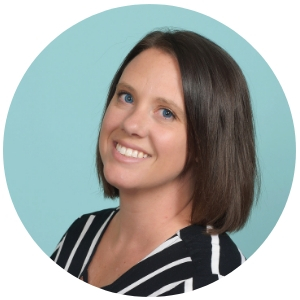Buying a house with no down payment
 I often meet people who are so eager to buy a home but their biggest problem is lack of a down payment. This leaves them so frustrated while watching other Canadians build their home equity. Normally, banking institutions don’t like lending out the down payment. They prefer individuals to put down a percentage of the total home value from their own pockets. However, recent mortgage rules allow for zero down home loans. While such a mortgage seems like a lottery ticket to owning a home, it is imperative to learn first its pros and cons. Sure, you get a home loan and invest your money elsewhere. But do you know exactly what you are in for? Keep reading to find out.
I often meet people who are so eager to buy a home but their biggest problem is lack of a down payment. This leaves them so frustrated while watching other Canadians build their home equity. Normally, banking institutions don’t like lending out the down payment. They prefer individuals to put down a percentage of the total home value from their own pockets. However, recent mortgage rules allow for zero down home loans. While such a mortgage seems like a lottery ticket to owning a home, it is imperative to learn first its pros and cons. Sure, you get a home loan and invest your money elsewhere. But do you know exactly what you are in for? Keep reading to find out.
Sources of down payment
There are various ways to accumulate money to use as a security deposit.
- Personal savings: you can invest money anywhere and get it before the closing date. A savings account is one of the best options. Others include free tax savings accounts, mutual funds, or GIC
- RRSP: with sufficient funds in RRSP which has stayed for at least 3 months, you may take up to $25,000 as the front money for the mortgage. You can use it without any tax consequences and take it back later
- Gifts: due to the rising costs of buying houses today, most people run to their families and friends to help them raise security deposits. The lenders have no problem with this as long as you sign a gift letter
- Borrowing: perhaps your credit score is excellent and you have a stable job except sufficient funds to put money down for a home loan. If you have a personal line of credit you haven’t been using, plus bonuses, you can request a loan from your credit card provider
Options for zero down payments
 When you don’t have tons of cash, there are several programs that can assist you to own a house.
When you don’t have tons of cash, there are several programs that can assist you to own a house.
- Government loan programs
The government can be your guarantor but you must qualify for such loans. Such loans have no insurance premiums hence they are cheaper. But your monthly mortgage payments will be high. Also, their closing costs and interest rates are different. Find out from reputable institutions or mortgage brokers about this option.
- Local organization forums
There are certain organizations that provide monetary grants to help people to buy houses with zero down payments. You should ask around for any home buyer program around your area.
- Piggyback loans
This approach allows you to buy a house with two mortgage loans. But you need a profound credit score and income level to qualify. To benefit from piggy loans, you need the first loan to cover for 80% of the buying price and you don’t need to pay the mortgage insurance. The other 20% will come from the second loan. The second loan may come with a higher interest and you must do your best to pay it off in the shortest time possible. Find out from your credit unions and local banks what it takes to qualify for 80/20 loans.
- Private Lenders
Some lenders, who don’t need to be professional, can give you 100% of the mortgage. Most of the time, these are family members and friends who are willing to help. They may not be in the lending business but you must sign a written consent concerning the arrangement. To be on the safe side, consult an expert realtor, a financial advisor, or an attorney before signing the agreement. You want to be sure that you have followed the necessary laws.
Do you need a home loan? How about you start by comparing your options?
 Pros of buying a house with no down payment
Pros of buying a house with no down payment
- You get to own a house sooner than expected
- You are left with more cash on hand to cover other expenses
- No worry about putting down a huge sum of money
Cons of buying a house with no down payment
- Lenders consider you to be a high-risk borrower: you end up paying higher interest rates. You might also be charged higher mortgage insurance premiums
- A greater financial risk when property value declines: when you don’t create home equity right from the beginning, you risk being locked into a stagnating position if the real estate market starts declining
- You will have to pay higher monthly installments
Zero down is costly in the long run
If you are not keen, you might end up paying more for a house over the life of zero down mortgage. This is what we call premium pricing. In some cases, grants are not real gifts as they require payments too. For these reasons, you must shop numerous lenders to avoid falling into the trap of premium pricing. Note that the bigger your loan, the higher your installments are. You will be stuck with those payments throughout the amortization. When you are burdened with higher monthly payments, your future options are reduced. For your information, higher interest rates can sum up to tens of thousands over the lifespan of your mortgage. So, whoever designed down payments knew that it is the healthiest way to own a house.
Conclusion
Purchasing a house with no down payment eliminates one of the greatest hurdles of loan acquisition, i.e. the down payment. Saving such a huge amount is not easy when you’ve got tons of financial responsibilities in your family. Finding lenders who won’t ask for money down is not that hard but you must understand the benefits and drawbacks of such loans. The best advice I can give you is: if you want to take a plunge into home ownership, save money for the deposit to minimize your mortgage. Nowadays, you require at least 5 percent of the home value for down payment. In addition, make sure that you have sufficient funds to cover for miscellaneous expenses like land transfer tax, moving costs, utility bills, insurance premiums, and legal fees. Check out how much mortgage you can afford.











